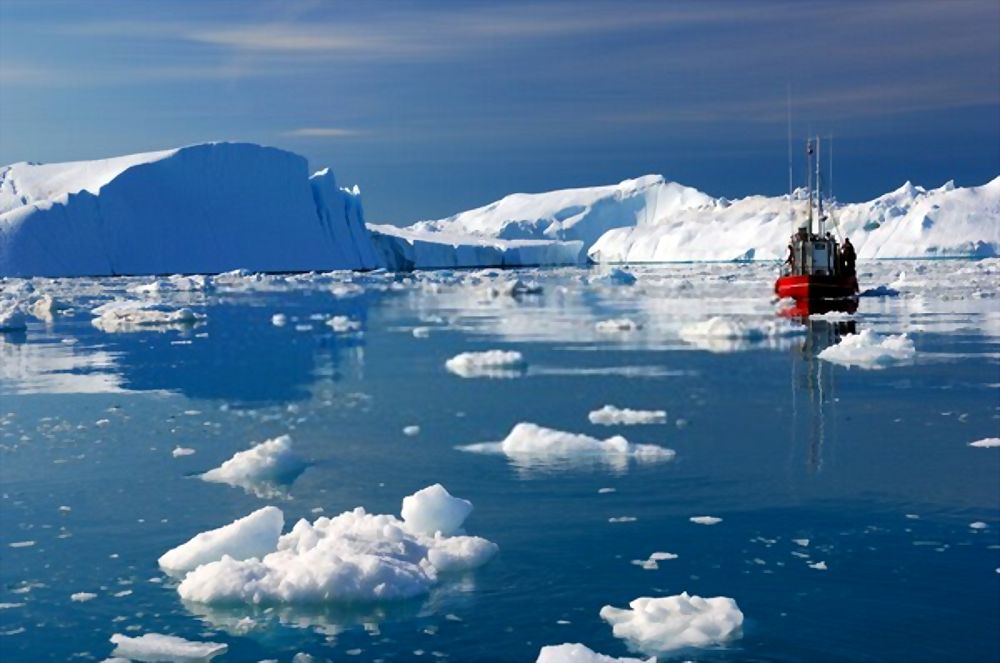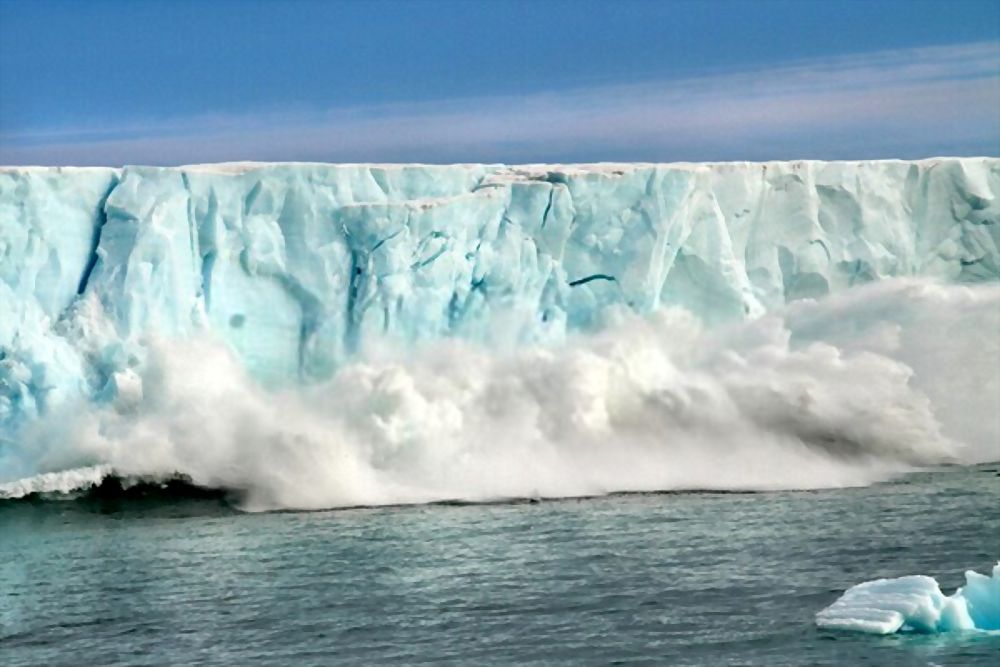The growth of humanity and its extensive encroachment correlates with the rise in Earth’s temperature. We have just experienced the hottest January ever. It was the 44th consecutive January, and the 421st consecutive month, with temperatures above the 20th-century average.
In a major rebuttal to opponents of Global Warming phenomena across the globe, the earth experiences the hottest January in 11,700 years. The Earth’s temperature is rising and rising steadily. While the world is trying to get together to address the issue, there isn’t enough being done.
In a sign of what is to come next, researchers have now discovered that Earth had the hottest January ever recorded.
The rise in the average temperature of the earth

According to scientists at NOAA’s National Centers for Environmental Information, the global average temperature departure of January 2020 was higher than all the other Januaries in their 141-year-old recorded history—statistics which date back to the year 1880.
This average global departure is measured using the individual average departures of land and sea temperatures. While some areas on the globe may witness a colder January, it’s the average temperature across the earth that is significant.
According to data gathered by NOAA, on average, global land and ocean surface temperature in January 2020 was 1.14 degrees Celsius higher than the average temperatures seen in the 20th century. Last month’s records have surpassed the last recorded hottest January in the year 2016.
The cooler places on earth are seeing a significant rise in the temperature. While in India, January seemed cooler, regions like Eastern Canada, Russia, Scandinavia are seeing a spike in temperatures of 5 degrees Celsius above average, in some cases even higher than that.
11,700 Years is typically the time since the last ice age and this January is assumed to have been the hottest since 11,700 years, though the recorded history of temperature dates back to 1880.
Örebro, a town in Sweden, had the hottest January ever since 1858, at 10.3-Celsius degrees. Meanwhile, at 23 Celsius degrees, Boston also experienced the hottest January.
Antarctica temperature rising and ice covers melting

Recently, Antarctica’s temperatures crossed 18.3 Celsius degrees. And less than a week after, the temperatures rose even higher, at 20.7 Celsius degrees. This was observed by scientists in Brazil who spotted the Seymour Island’s record-breaking temperatures.
In Sept 2019, ice melt happened in over 40% of Greenland over a few days. The total ice loss was estimated to be over 2 gigatons.
NOAA has also revealed that four of the warmest Januaries have been constantly seen since 2016, whereas the planet has seen 10 gradually warming Januaries since the year 2002.



